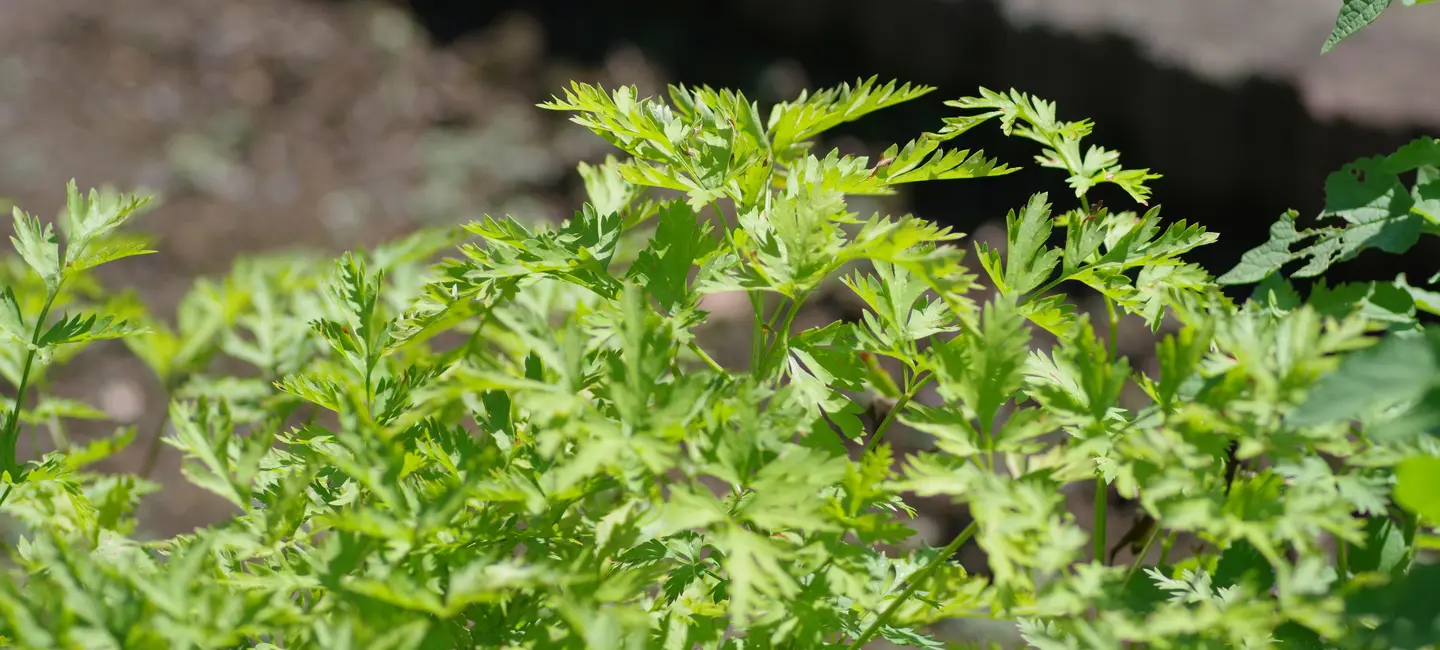
Cnidium is a plant that is native to China. It is also commonly found in other parts of Asia. The fruit, seed, and other plant parts are used as medicine.
Cnidium is most commonly used for increasing sexual performance and sex drive, erectile dysfunction (ED), and skin conditions, but there is no good scientific evidence to support any of its uses.
Cnidium is a common ingredient in Chinese lotions, creams, and ointments.
Is It Effective?
NatMed Pro rates effectiveness based on scientific evidence according to the following scale: Effective, Likely Effective, Possibly Effective, Possibly Ineffective, Likely Ineffective, Ineffective, and Insufficient Evidence to Rate.
- Increasing sexual performance and sex drive.
- Erectile dysfunction (ED).
- Inability to become pregnant within a year of trying to conceive (infertility).
- Muscle strength.
- Cancer.
- Weak and brittle bones (osteoporosis).
- Infections.
- Increasing energy.
- Skin conditions including itchy skin, rashes, eczema (atopic dermatitis), and ringworm (Tinea corporis), when applied to the skin.
- Other conditions.
More evidence is needed to rate the effectiveness of cnidium for these uses.
Is it Safe?
Cnidium contains chemicals that might kill cancer and bacterial cells, reduce swelling (inflammation), strengthen bones, decrease itching, and increase sex drive.
When taken by mouth: There isn't enough reliable information to know if cnidium is safe. It might cause side effects such as a bitter mouth, stomach discomfort, and drowsiness.
When applied to the skin: There isn't enough reliable information to know if cnidium is safe or what the side effects might be.
Special Precautions & Warnings:
Pregnancy and breast-feeding: There isn't enough reliable information to know if cnidium is safe to use when pregnant or breast-feeding. Stay on the safe side and avoid use.
Surgery: Cnidium might slow blood clotting. It might cause extra bleeding during and after surgery. Stop using cnidium at least 2 weeks before a scheduled surgery.
Medications that slow blood clotting (Anticoagulant / Antiplatelet drugs)
Interaction Rating=Moderate Be cautious with this combination.
Cnidium might slow blood clotting. Taking cnidium along with medications that slow clotting might increase the chances of bruising and bleeding.
Some medications that slow blood clotting include aspirin, clopidogrel (Plavix), dalteparin (Fragmin), enoxaparin (Lovenox), heparin, ticlopidine (Ticlid), warfarin (Coumadin), and others.
Sedative medications (CNS depressants)
Interaction Rating=Moderate Be cautious with this combination.
Cnidium might cause sleepiness and drowsiness. Medications that cause sleepiness are called sedatives. Taking cnidium along with sedative medications might cause too much sleepiness.
Some sedative medications include clonazepam (Klonopin), lorazepam (Ativan), phenobarbital (Donnatal), zolpidem (Ambien), and others.
Herbs and supplements that might slow blood clotting: Cnidium might slow blood clotting. Using cnidium along with other herbs that can slow blood clotting might increase the risk of bleeding in some people. These herbs include angelica, clove, danshen, garlic, ginger, ginkgo, Panax ginseng, and others.
Herbs and supplements with sedative properties: Cnidium might cause sleepiness. Using it along with other herbs and supplements that also act like sedatives might cause too much sleepiness. Some of these herbs and supplements include 5-HTP, calamus, California poppy, catnip, hops, Jamaican dogwood, kava, St. John's wort, skullcap, valerian, yerba mansa, and others.
There are no known interactions with foods.
The appropriate dose of cnidium depends on several factors such as the user's age, health, and several other conditions. At this time there is not enough scientific information to determine an appropriate range of doses for cnidium. Keep in mind that natural products are not always necessarily safe and dosages can be important. Be sure to follow relevant directions on product labels and consult your pharmacist or physician or other healthcare professional before using.
Cnidii Fructus, Cnidii Monnieri Fructus, Cnidii Rhizoma, Cnidium Extract, Cnidium Fruit, Cnidium Fruit Extract, Cnidium Monnier, Cnidium monnieri, Cnidium Monnieri Fructus, Cnidium Seeds, Extrait de Cnidium, Extrait de Fruit de Cnidium, Fruit de Cnidium, Graines de Cnidium, Jashoshi, Monnier's Snowparsley, Sasangia, Selinum monnieri, She Chuang, She Chuang Dze, She Chuang Zi, Xasangtu.
Information on this website is for informational use only and is not intended to replace professional medical advice, diagnosis, or treatment. While evidence-based, it is not guaranteed to be error-free and is not intended to meet any particular user’s needs or requirements or to cover all possible uses, safety concerns, interactions, outcomes, or adverse effects. Always check with your doctor or other medical professional before making healthcare decisions (including taking any medication) and do not delay or disregard seeking medical advice or treatment based on any information displayed on this website.
© TRC Healthcare 2024. All rights reserved. Use and/or distribution is permitted only pursuant to a valid license or other permission from TRC Healthcare.
